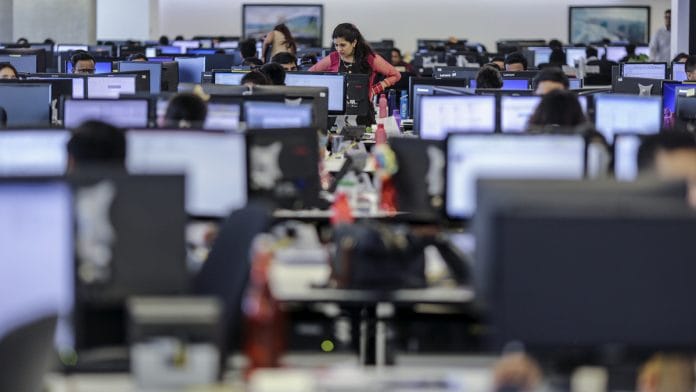Living longer is a big achievement for humanity. But for many five-year-olds today – who might live to 100 – it could mean working for 60 years or more.
That’s a key conclusion of The New Map of Life: 100 Years to Thrive, a report from the Stanford Centre on Longevity at Stanford University in the United States.
It calls for “momentous and creative changes” to current norms, policies and social institutions, which evolved when people lived only half as long as they do now.
Newborns today can expect to work much longer – but instead of our current “impossibly packed” 40-hour weeks, the world of work will be more flexible, with “on-ramps and off-ramps” allowing workers to extend their working lives over many decades, the report suggests.
“We can start by replacing the traditional one-way street from education to work to retirement with more flexible routes in and out of the workplace, including paid and unpaid intervals for caregiving, health needs, lifelong learning, and social transitions to be expected over century-long lives,” the authors propose.
Working and learning for longer
Learning must be “less tethered to formal institutions,” with more people able to develop their potential over longer lives.
And instead of facing a “cliff” at retirement, a “glide path” will allow workers to gradually reduce working hours while they’re still working.
Changes like these will transform the idea of 100-year lives from “a crisis” to an opportunity, the authors suggest. But to make it happen, institutions, practices and norms will have to be redesigned, “so that they align with today’s reality, rather than last century’s”.
The New Map of Life report echoes the goals of the United Nations’ Decade of Healthy Ageing, which aims to improve the prospects of current and future generations of older people.
Reskilling for the future world of work
The World Economic Forum’s Preparing for the Future of Work initiative also calls for “significant” reskilling and upskilling as technology and demographic shifts “radically transform” how businesses work and the skills they need.
In its Future of Jobs Report 2020, the Forum predicts that half of workers will need reskilling by 2025, while 94% of business leaders expect employees to pick up new skills on the job. This is up sharply from 65% in 2018.
This article was originally published on the World Economic Forum (WEF).
Also read: AI tools can be ‘human’ too in HR projects. Here’s how






